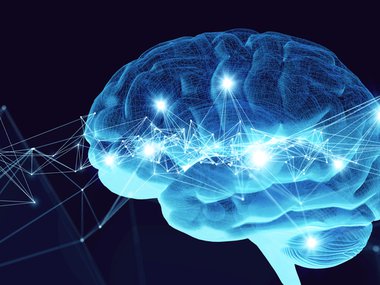Your Amazing Brain
Ah yes, the human brain, quite the thing! Scientists around the world are still working on the many mysteries involving our own brain.
This vital organ is responsible for literally everything in our built world - our communications, our emotions, and beyond. Since it's Brain Awareness Week, we wanted to take a moment to look into the many overlaps of science and the brain in recent years. As new technology and research makes more knowledge possible, we're slowly learning more and more about this special organ – our brain.
All things brain - First of all what is the history of the human brain? We've been around for about 250,000 years, but like many other parts of our bodies, the brain appeared on Earth long before humans. Here's a cool article that goes through the history of the brain!
Survival, thanks to the brain - Our brain is why we have survived so long. Our brain does things when we go into fear mode - aka fight or flight! Our survival skills are rooted within our brain and they work in many different ways to get our body to react to the oncoming threat! This includes anxiety!
The brain makes us laugh - We humans are not the only animals that laugh, but why do we laugh?! The brain allows for us to chuckle or giggle which in turn has a lot of positive effects on the body!
Can nonliving things have a brain? - Weird question, but then again we do call them "smart" phones, right? Our devices have to "think" a lot for our daily needs, but is that a real brain? Are we using our brain to help design the next generation of devices? Does that make them artificial brains? Regardless, the ability to process information and perform tasks is an increasingly more common feature in our household devices. The big question is - will these devices learn on their own?
Concentration - Okay, so, scientists and the general public use a lot of words that can have multiple meanings. When you're taking a test or trying to learn something, we often rely on concentration as a tactic to get our brain to focus on one thing. This does apply to our brain, but concentration can also mean something totally different to scientists.
The amazing human brain - Lastly, if you've got young thinkers that are asking questions about what the brain is, how it works, and what we do with it, look no further! It's a small part of our body, but a huge part of our lives.


